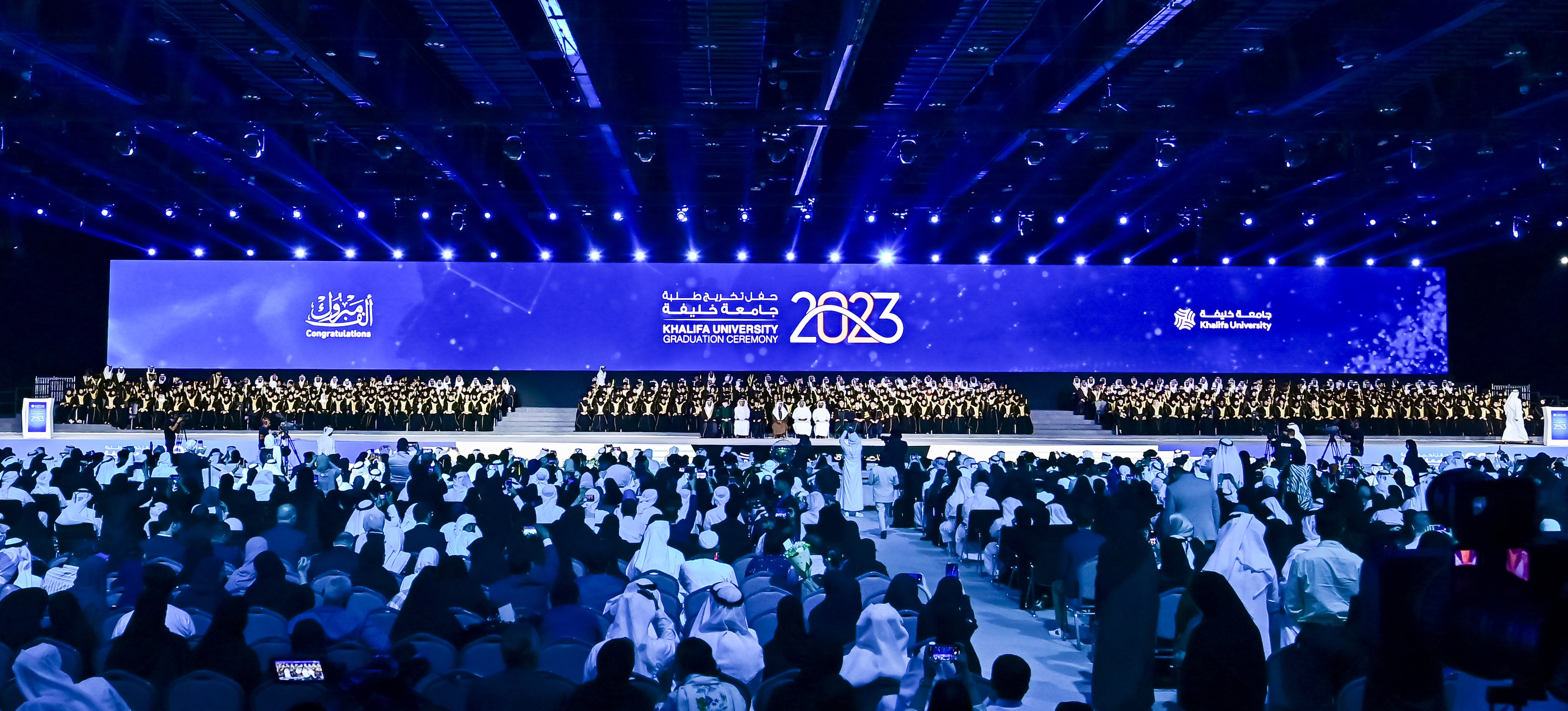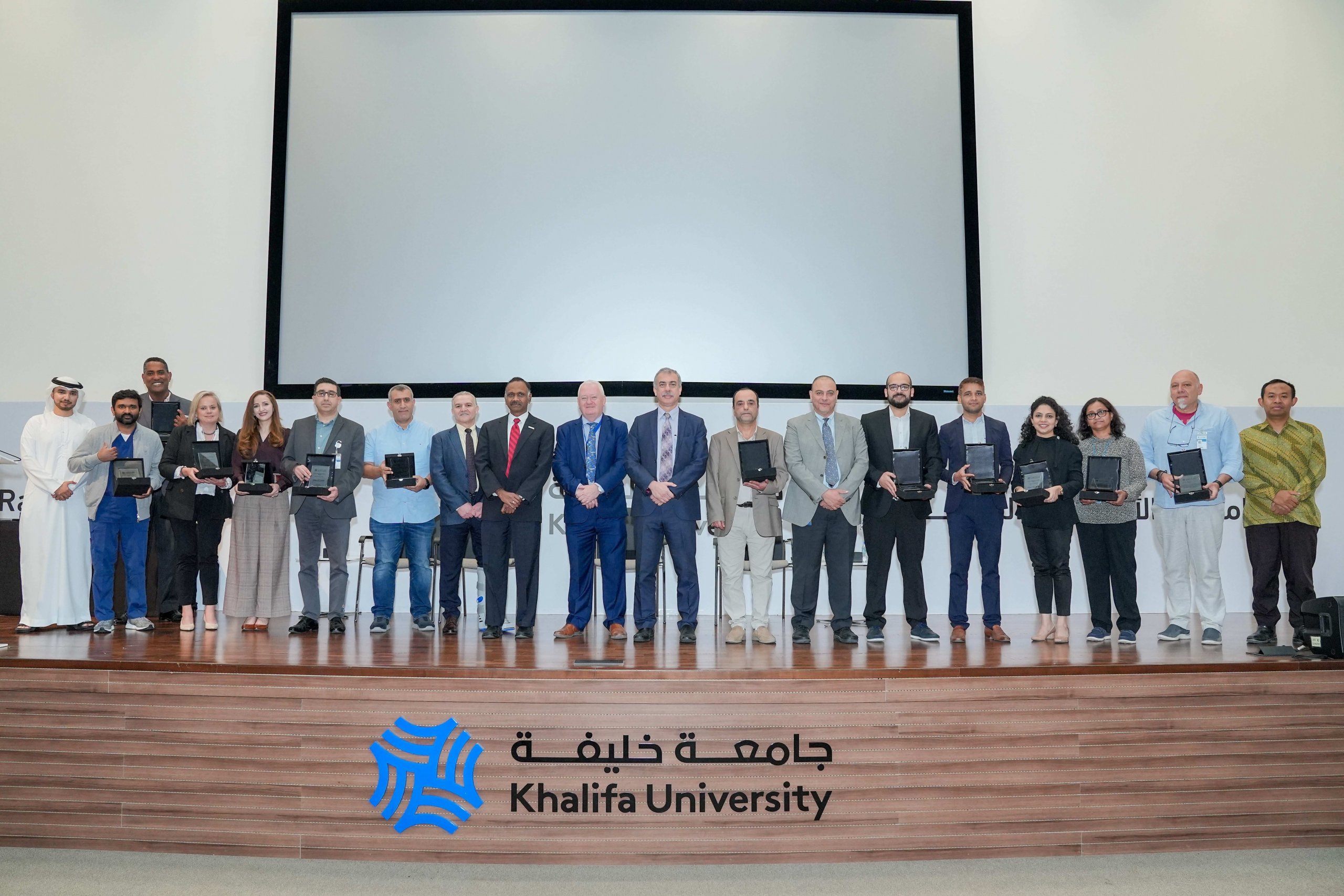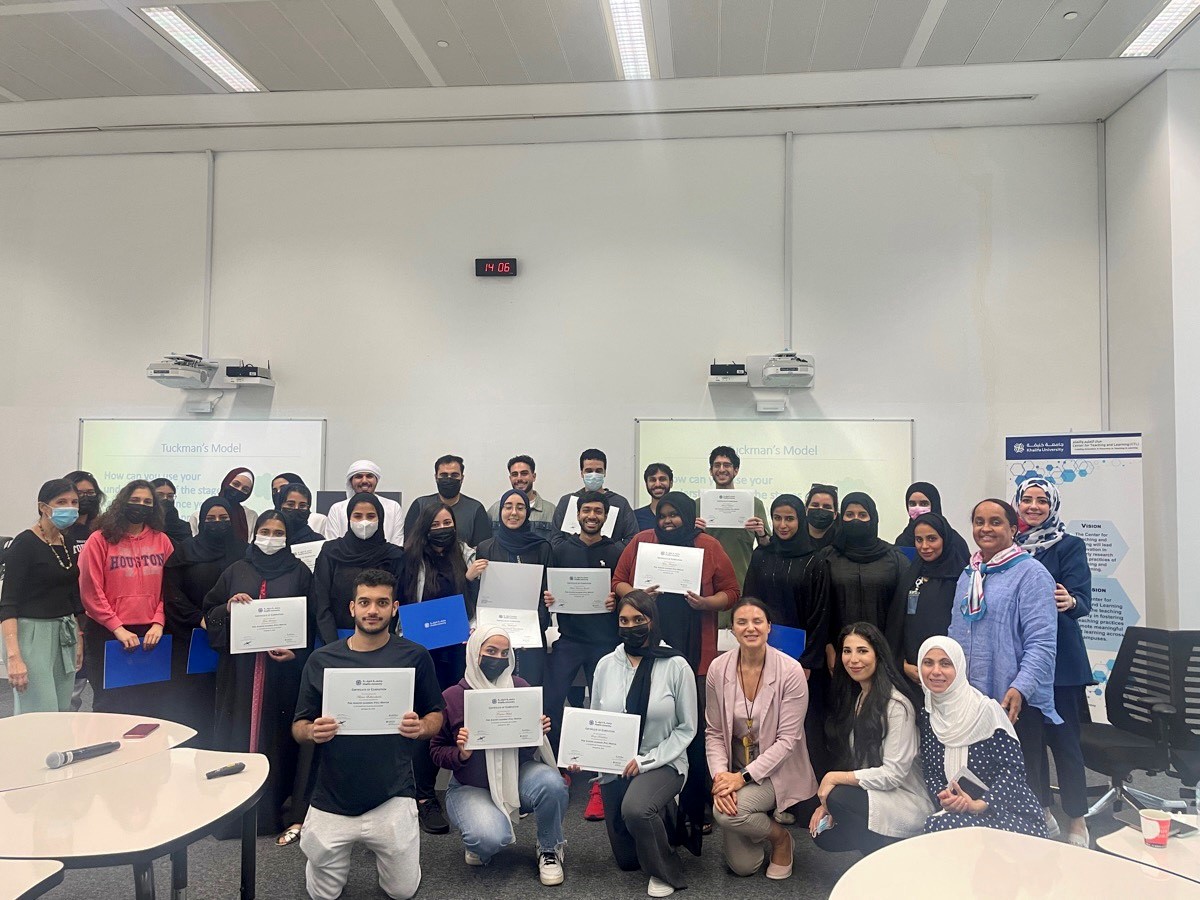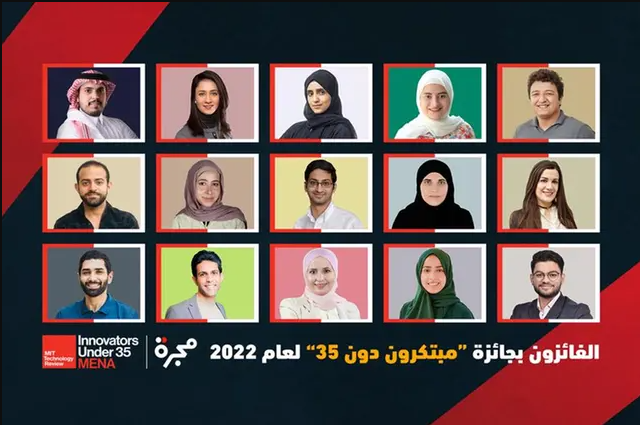
A group of Masdar Institute Master’s students recently visited rural Segoro Gunung in Dongeran, Central Java, Indonesia to see how they can use their Engineering Systems and Management skills to help solve energy needs for people living in remote areas with limited energy access.
The trip involved a case study of the Segoro Gunung village as part of the students’ studies in Masdar Institute’s Energy and Poverty Solutions course. The course was designed to examine the challenges of reducing poverty within developing communities by promoting improved access to modern energy services and thereby improving economic development, as energy is a means for economic development.
The students, who were accompanied on their trip by their lecturer Dr. Sgouris Sgouridis, Associate Professor in the Department of Engineering Systems and Management, and Dr. Scott Kennedy, Assistant Director for Educational Initiatives, Massachusetts Institute of Technology and Executive Director of Energy Action Partners, used the village of Segoro Gunung in Dongeran, Central Java, Indonesia as this years’ case study.
The students shadowed the locals as they went about their daily activities to assess their energy needs and community interactions. The fieldtrip also identified and assessed other related issues such as education, health and sanitation. The aim of each years’ field trip is to develop specific energy solutions that meet the needs of the community for activities they undertake on a daily basis. The students gain skills in developing energy solutions with limited resources and social entrepreneurship skills.
Dr. Sgouridis said, “The annual Energy and Poverty Solutions field trip allows Masdar Institute students to gain first-hand experience of development needs in rural communities related to energy availability. It aims to spur innovation and entrepreneurship for creating solutions in communities that lack modern energy access and other basic utilities. The course intends to shift students’ with an engineering mentality to see that understanding the community’s perspective and seeking continuous input in the product development phase is critical for a successful project. By providing this course, we are not only assisting students to create their own innovations for the provision of essential utilities for emerging communities, but we are also developing human capital in the UAE to address some of the world’s most pressing sustainability issues.”
Each year participating students of the Energy and Poverty Solutions module undertake a seven-day field study to a community that has limited energy access. Previous field trips have included villages in India and Africa, where students assessed the energy needs and energy resources of local villages.






